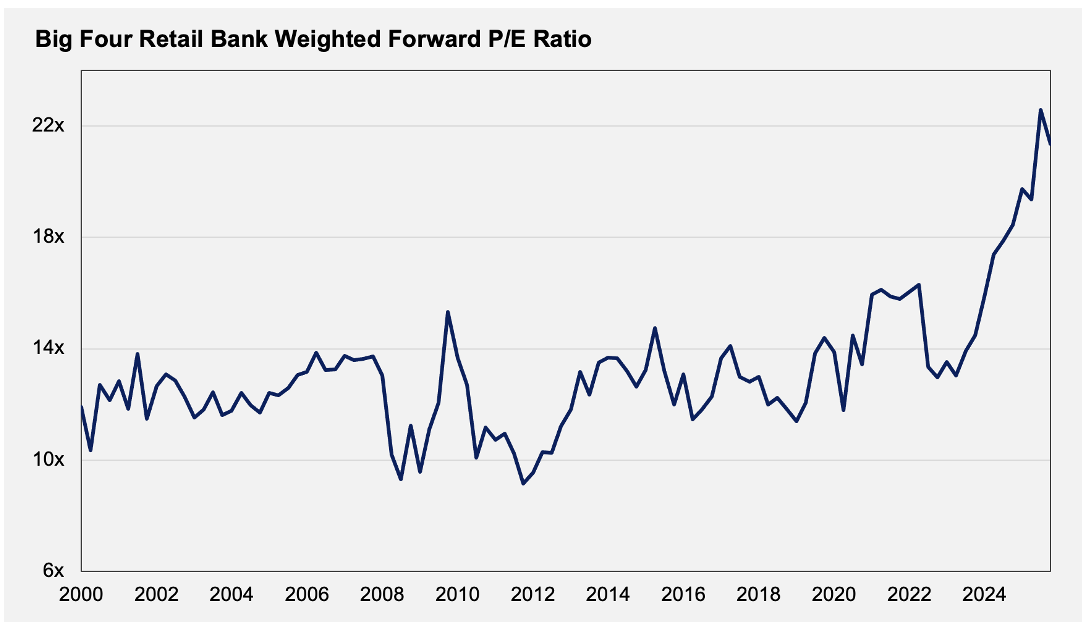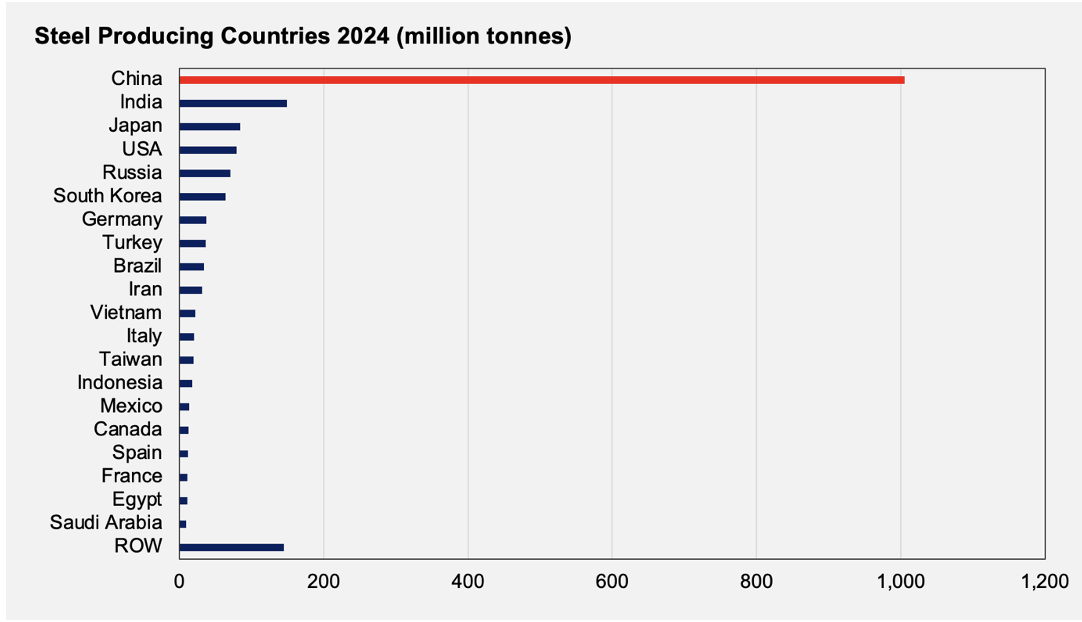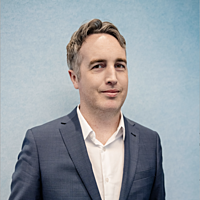Auscap’s case for active investing and where they’re finding value
The debate between passive and active investing is not likely to be settled anytime soon.
However, if you listen to Tim Carleton of Auscap Asset Management, a Sydney-based fund manager that focuses on quality and value, perhaps it is not a question about which is better, but what is best for a particular environment.
According to Carleton, it all comes down to what you are investing in.
When you invest in an index, you’re going to be biased or overweight towards the largest companies in that index. He argues that if those are the companies that are delivering the best earnings growth, then this is a great market to be passively invested in.
However, the inverse is also true.
Activating outperformance
When Auscap looks at the All Ordinaries Index, they are not seeing a market that is good for passive investing.
According to Carleton, the All Ordinaries is dominated by low-growth companies that are facing structural, cyclical, or other challenges.
“More than 50% of the market is in the financials and materials space and most of that is in the big four banks and the big iron ore companies," he says.
Such concentration is not an attractive proposition for Auscap.

“The big four banks have struggled to grow earnings over the last decade” observed Carleton.
With increased competition in the mortgage market, specifically from Macquarie Bank (ASX:MQG) who are increasingly writing a larger share of Australian loans, and elevated valuations, Auscap doesn't see the environment for the big four getting any better.

In iron ore, Auscap believes that the development stage has peaked and expects demand from China to decline for the next couple of decades which has been “the only game in town” given how much they dominate global demand. At the same time, large mines continue to open up leading to an environment of reduced demand and increased supply which is not good for the iron ore price.
So, Auscap are not seeing a positive environment for passive investing in Australia and instead preach an active approach.
Carleton even offered a prediction:
“We suspect we’re going to be sitting here in a decade’s time and every genuinely active manager is going to have outperformed by some margin”
If they aren’t optimistic about the largest businesses on the ASX, where are they seeing opportunity? Mostly in Australian mid-caps.
ResMed (ASX: RMD)
According to portfolio manager, Will Mumford, ResMed is likely to benefit from multiple trends that should lead to increased diagnosis and treatment of sleep apnoea. Which is a big deal as sleep apnoea is significantly underdiagnosed.
Once something investors feared, GLP-1 medications, such as Ozempic, are reportedly increasing the diagnosis of sleep apnoea with many patients choosing to use CPAP machines whilst also using the drugs for weight loss. Also, with the likes of Apple and Google rolling out sleep apnoea detection features on their wearables – with others likely to follow – it has never been easier for someone to be made aware that they potentially suffer from the condition.
Sonic Healthcare (ASX: SHL)
Auscap believes Sonic’s leadership in complex pathology, gives it an advantage over peers as it is less beholden to GPs and there for benefits from processing a significant share of premium priced, high-complexity, tests.
However, after a couple of years of headwinds, including the hangover from covid and increased competition, Mumford believes that Sonic is now trading “at a discount to the broader ASX” despite it being a defensive healthcare leader that is set to benefit from an aging population and increased complex, high margin testing.
HomeCo Daily Needs REIT (ASX: HDN)
Auscap told a simple story about HomeCo Daily Needs REIT, an investment trust that invests in neighbourhood and large-scale retail properties.
Its properties are in high-demand metro locations; however, their tenants are paying below market average rents. This means tenants are happy for their rents to keep growing leading to sustainable income growth of around 3.5% which when added to a 6.5% distribution yield, Auscap believes offers compelling value.
Lower interest rates are also likely to benefit HomeCo. Firstly, lower borrowing costs should help it increase its distributions paid to unitholders. Secondly, it should lead to lower capitalisation rates which should lead to the value of the properties it owns increasing.
Eagers Automotive (ASX: APE)
Eagers is the number one dealer in 13 of Australia’s top 20 automotive brands. However, it was the growth in hybrid and electric vehicles which got Auscap’s attention.
According to Will Mumford, when a customer decides to buy a hybrid or electric vehicle, they tend to follow a similar thought process, either looking at buying from a trusted brand who has been selling hybrids for a long time, such as Toyota, or they gravitate towards an brand that has been selling more electric vehicles than anyone else around the world, and at an attractive price – BYD.
Eager’s is the leader when it comes to both brands including operating two-thirds of all BYD dealerships in Australia. Given how EVs have grown from 1% of cars sold in 2020 to 12% in the last six months, this is a growing area that is likely to benefit Eagers given its leadership.
Nick Scali (ASX: NCK)
Nick Scali is one of the favourite stocks of chief investment officer, Tim Carelton and has been a holding in the fund for a long time calling it “Australia’s number one furniture company”.
Auscap believes that Nick Scali should continue to benefit from margin expansion as it continues to work through its recent, UK-based, Fabb Furniture where only around half of the stores have been rebranded to Nick Scali with the rest expected in the current half and where margins have improved. As the company increases investment in advertising, Auscap believes sales per store should also improve.
Despite its success in Australia and international expansion, Carleton observes that Nick Scali still trades below that of its peers.
IDP Education (ASX: IEL)
Finally, Carleton discussed IDP Education.
IDP’s English language test, known as IELTS, is widely recognised as the best in the industry and is used by over 12,500 organisations around the world. It also operates a placement business that helps place students looking to study overseas.
Testing and placements have both dropped dramatically as many governments pushed back against migration levels. However, Auscap are seeing signs this could be shifting and as a result, IDP should benefit from both increased testing and placements in the future. Earnings should also benefit from management’s focus on lowering costs.
5 topics
6 stocks mentioned
3 contributors mentioned

